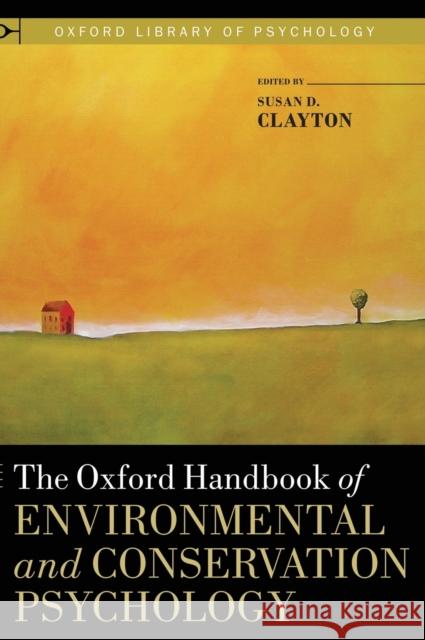The Oxford Handbook of Environmental and Conservation Psychology » książka
topmenu
The Oxford Handbook of Environmental and Conservation Psychology
ISBN-13: 9780199733026 / Angielski / Twarda / 2012 / 720 str.
Environmental psychology, which studies the ways in which people perceive and respond to the physical environment, is an established area of study. Conservation psychology has a much more recent history, prompted by the desire to focus psychological research on the need to protect the natural environment. What is conservation psychology, and what is its relationship to environmental psychology?
The Oxford Handbook of Environmental and Conservation Psychology includes basic research on environmental perceptions, attitudes, and values; research on specific environments, such as therapeutic settings, schools, and prisons; environmental impacts on human well-being; and ways to promote a more sustainable relationship between people and the natural environment. By presenting an extensive review of current research, the handbook serves as a thorough guide to the state of knowledge about a wide range of topics at the intersection of psychology and the physical environment. Beyond this, it provides a better understanding of the relationship between environmental and conservation psychology, and some sense of the directions in which these interdependent areas of study are heading. Research on the human-environment relationship is increasingly relevant to understanding and addressing the environmental challenges society is facing. This handbook should serve as a resource for professionals both within and outside of psychology who are trying to comprehend the human implications of environments, and to design programs, policies, and environments that are cognizant of human psychology.










